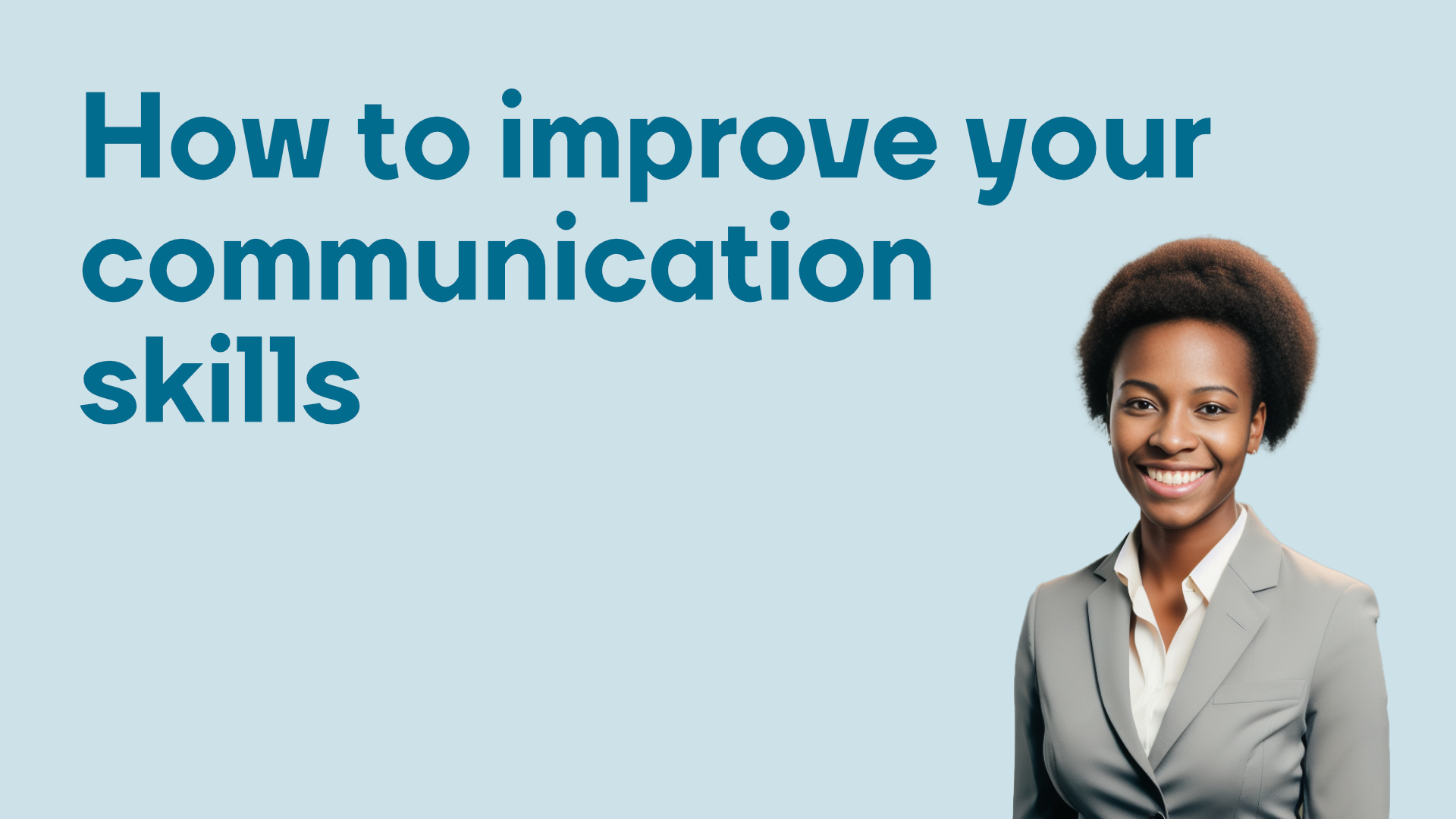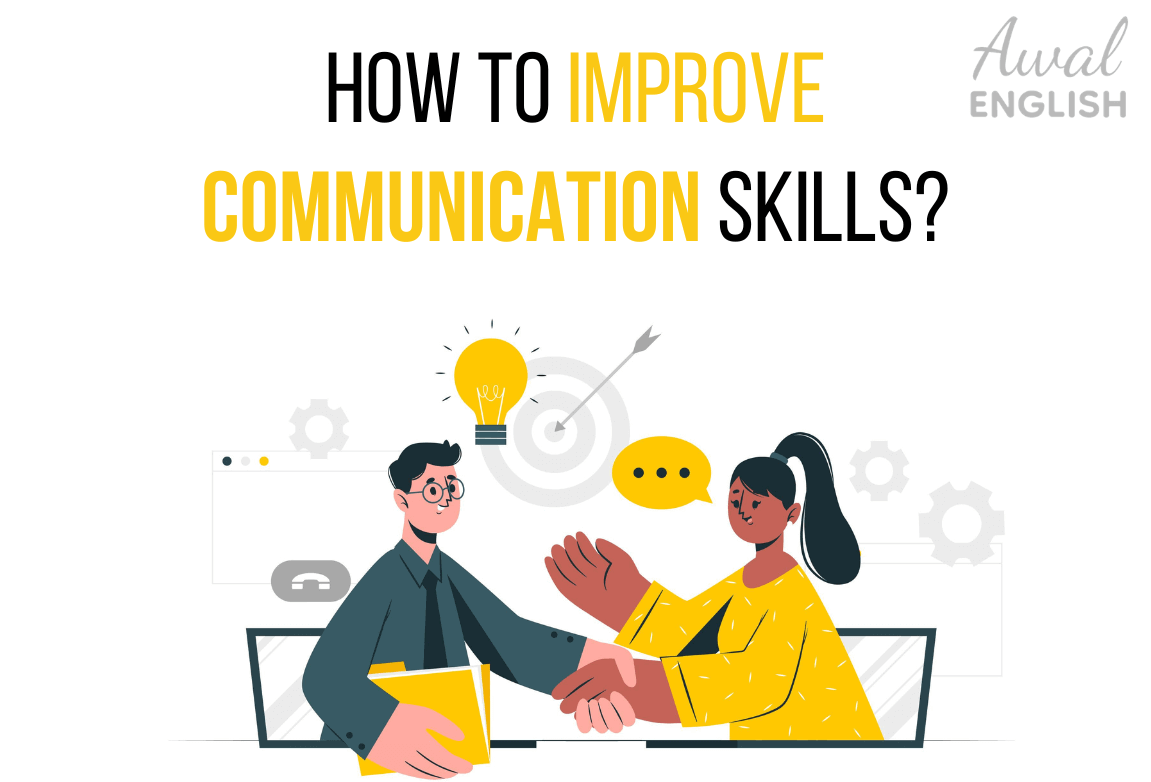Strong communication skills are considered the most critical factor in a highly competitive job market. Communication- the art of sending and receiving messages effectively- can make or break your career. It involves composing the perfect email, delivering presentations, and mingling with colleagues. To develop excellent and clear communication, one needs to have a sound knowledge of vocabulary and communication skills. An extensive vocabulary and good communication will help explain things and convince others at work.

Developing your communication and linguistic skills will help you improve your professional standing. This article will explain how to practice these skills for those who want to stand out and succeed professionally.
The Role of Words in Advancement in One’s Career
You would require a solid vocabulary to explain intricate concepts in simple terms, sound intelligent while conversing, and even feel confident in a business environment if you want to be confident and clear when you provide information and participate in conversations, practice using exact terminology.
Vocabulary and Its Significance
Vocabulary is especially crucial in business, mainly if one’s job involves leadership, management, or client contact. For example, you could beat your competitors with the proper use of your professional jargon. Of the two most significant roles that leaders are in charge of, being able to persuade and negotiate, varied and nuanced language is exceptionally able to help with both.
Advantages of Having a Large Vocabulary and Improved Communication:
- You can give more information about something when you have a vast vocabulary. You ensure your message is delivered.
- Using appropriate vocabulary and clarity of expression develops trust among colleagues and clients. It shows capability and establishes professional credibility.
- Being articulate builds confidence, and with confidence, you get to become a better communicator in meetings, presentations, and networking events.

Improved Critical Thinking: The more words you know, the more leeway you have when thinking about ideas and information. This means that the more you know, the better you evaluate and analyze data.
Methods and Tips for Vocabulary Development
The process of learning new words is endless, but effective methods exist. Following are some of the most practical techniques that can help any individual to improve their vocabulary and, in return, enhance their career:
-
Read Anything You Can Get Your Hands On
One of the most effective methods for vocabulary building is reading. Wide reading involves your field’s books, journals, papers, and reports. Reading both fiction and non-fiction widely will help you build up your vocabulary. To expand your vocabulary’s creative and descriptive capability, read fiction. If your goal is to learn the professional jargon, read non-fiction.
Choose readings beyond your present reading level to challenge yourself and expose you to new vocabulary.
Tip: Make a note on your paper or electronic list of new words you encounter through listening and reading, along with their meanings and an example sentence each.
-
Learn Words in Context
Learn new terms in context rather than by rote memorization of lists of words. To accomplish this, you need to pay attention to the context of words in speech that will help you to remember them. First, try to understand what a new term means from the context before you look up the definition in a dictionary.
Hint: Use the new term immediately in your writing or conversation to help you commit it to memory.
-
Vocabulary Building Apps
Several apps can help you build up your vocabulary in an interactive and entertaining manner. Using applications like WordUp, Vocabulary.com, and Magoosh Vocabulary Builder, one may find the process of increasing one’s vocabulary fun with games, quizzes, and spaced repetition.
Recommendation: Spend ten to fifteen minutes daily working with a vocabulary app, gradually increasing the number of words you learn.
Practice active learning
Active learners don’t just passively receive words; they do something with words. You can do this by doing the following activities: –
- Make your sentences using the new vocabulary.
- Make flashcards and then review those regularly.
- Having a conversation about the words with a friend or coworker.
Hint: Try to learn five new terms a week and use them in your work-related writing, including reports and emails
How to Succeed in Your Career through Effective Communication

The fight does not end with expanding your vocabulary. Communication is more than choosing the appropriate words; it is all about articulating well, connecting with people, and handling any social situation with finesse. Improving your verbal and non-verbal communication can make a difference in furthering your professional development.
- Verbal communication is the skill of using words to convey your message clearly and candidly, whether face-to-face, over the phone, or in a formal presentation.
- Nonverbal Communication: Your posture, gaze, movements, and facial expressions are nonverbal cues that depict your spoken words.
- Written communication is conveying ideas through the written word, such as emails, reports, presentations, and social media.
The Significance of Effective Communication Skills
Good communication is the bedrock of leadership, networking, and teamwork. Responsible, reliable, and a joy to work with words spoken to describe effective communicators at work. Smooth communication that ensures that your ideas are known and appreciated can mean easier cooperation, better relationships, and promotion possibilities.
How to Improve Your Speaking Skill
Listen First
Good listening skills form one of the essential facets of communication. One forms solid professional bonds when one listens carefully and values the views of others. To become a good listener:
- Maintain eye contact
- To indicate that you understand, nod or say something like “I see” or “That’s interesting.”
- Ask for clarification only when requested; never interrupt the speaker unless necessary.
Tip: The best way to indicate that you heard and understood the speaker is to summarize what they said after they have stopped speaking.
Be a Better Public Speaker
From meetings to presentations to networking events, there are always opportunities to practice public speaking skills that will benefit you throughout your career. You will be prominent in the workplace if you can deliver thoughts with authority and clarity.
This will help one reinforce their speaking in a safer environment, and it could be done by joining organizations such as Toastmasters International.
Recommendation: Record yourself speaking and watch the video for areas to edit out, such as filler words, slowing down, or straightening out your posture.
Say It Plainly and Briefly
A business presentation should be to the point without diverting or beating about the bush. It should get to the point as soon as possible, avoiding jargon or difficult terms when absolutely necessary. This will help the audience maintain interest and understand your meaning.
Hint: Always practice your speech with simplicity and clarity to ace those big meetings or presentations beforehand.

Convey Confidence through Your Body Language
So much is conveyed through body language. Standing tall, using your hands to gesture, and maintaining eye contact are positive examples of body language that can strengthen your message and convey confidence and friendliness.
Tip: Mirroring-subtly taking on the body language of people close to you can help build rapport and put others at ease around you.
Competencies for Better Written Communication
Emails, reports, and proposals are some of the many professional write-ups that take place in the workplace. Again, here, too, the focus is on writing as communication. Communication skills are a perfect way to be professional and transparent with your expression. Here are a few steps to help you improve on it:
-
Organize Your Thoughts
Take the time to think and to know what you want to write before you start writing. A structured message follows better and makes more sense.
Avoid large blocks of text that are difficult to read and understand—instead, structure with bullet points or subheadings.
-
Edit and Proofread
Even minor spelling or punctuation errors can make readers question your credibility. Always proof and edit your work so it is clear, concise, and in the right tone.
Try out Grammarly or Hemingway Editor to take your writing to the next level, with improved readability and fewer mistakes.
-
Relation of Your Message to Who You Are Addressing
Your approach for a client and supervisor will be different than that of a colleague. Before you put pen to paper, consider your target audience’s background knowledge, expectations, and what type of communication they prefer.
Tip: Depending on the situation, you may need a more professional or conversational tone of voice and vocabulary.
How Effective Communication Can Help You Advance in Your Career
Success in any career path greatly depends on communication skills. People who achieve leadership positions also happen to know how to communicate, listen well, and cooperate with others. Being able to communicate effectively will help solidify your multiple professional contexts, from salary negotiations to conference presentations or team project management.

Leadership opportunities: Generally, the people who can elaborate their vision and motivate others to work take leading positions. In that respect, good communication skills build your career.
Stronger Networks: Individuals with sophisticated communication abilities can connect with people quickly, which may help them advance in their careers.
Therefore, good convincing and bargaining skills help get support from the stakeholders and do some promotions up the corporate ladder to an influencing position.
Conclusion
One good approach to accomplishing your professional development is improving your communication and language skills. The only way to get distinction in the workplace and a chance to take higher management positions is to first build your speaking and writing skills, increase your vocabulary, and practice active listening. Those are essential skills for any person, and with effort, taking the right direction may turn one into a master and bold enough in their professional field.


